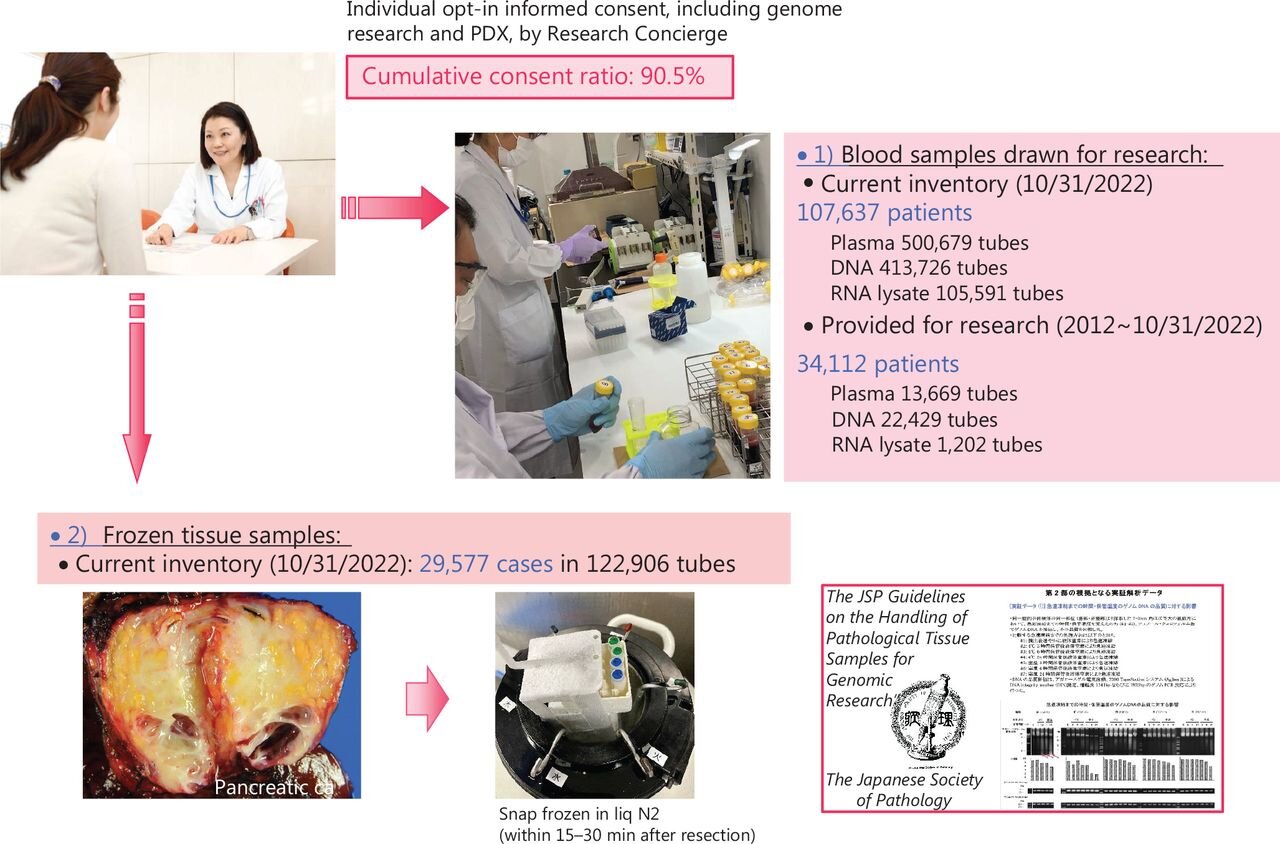The journey of cancer genomic medicine (CGM) began in the 1980s, with the discovery of various genomic and epigenomic alterations in cancer cells from various countries including Japan. This led to the development of molecular targeted therapies in the 2000s.
Despite its relative novelty, CGM has already made significant contributions to cancer research and patient care. The National Cancer Center (NCC) Japan (NCCJ) has been instrumental in these developments, with a focus on building a biobank, introducing new technologies, and fostering collaborations across academia, industry, and regulatory bodies.
A new review published in Cancer Biology & Medicine by the NCCJ has set the stage for transformative developments in oncology. This review outlines the progress of CGM in Japan, emphasizing significant breakthroughs and underscoring the pivotal role of the NCCJ in promoting precision medicine.
The NCC has developed an extensive biobank, which has been crucial for CGM. The hospital-based biobank contains a wealth of samples linked to longitudinal clinical information, facilitating omics analyses. The NCC has also been at the forefront of adopting new technologies, such as whole-genome sequencing and artificial intelligence, to enhance functional and pharmacologic analyses.
A notable success story is the discovery and translation of the RET fusion in lung adenocarcinoma (LADC), which has led to the development of targeted therapies. The NCC Oncopanel System, a multi-gene panel test, has been approved and reimbursed for use by the National Health Insurance System, achieving a significant milestone in making CGM publicly accessible in Japan.
Teruhiko Yoshida, the corresponding author of the review, states, “The future of CGM will involve a biobank of paired cancerous and non-cancerous tissues, the introduction of cutting-edge technologies like whole-genome sequencing, and a further expansion of personalized preventive medicine based on individual genetic predispositions to cancer in addition to the cancer treatment.”
The research has direct implications for the future of cancer control strategy in Japan. The biobank and the advancements in genomic sequencing are set to personalize cancer treatment and prevention, potentially improving patient outcomes and survival rates. The data accumulated through these initiatives will also be critical for evaluating the impact of genomic medicine on patient benefits.
More information:
Teruhiko Yoshida et al, The evolution of cancer genomic medicine in Japan and the role of the National Cancer Center Japan, Cancer Biology & Medicine (2023). DOI: 10.20892/j.issn.2095-3941.2023.0036
Citation:
Advancing genomic medicine: The evolution of personalized cancer treatment in Japan (2024, May 4)
retrieved 4 May 2024
from https://medicalxpress.com/news/2024-04-advancing-genomic-medicine-evolution-personalized.html
This document is subject to copyright. Apart from any fair dealing for the purpose of private study or research, no
part may be reproduced without the written permission. The content is provided for information purposes only.
